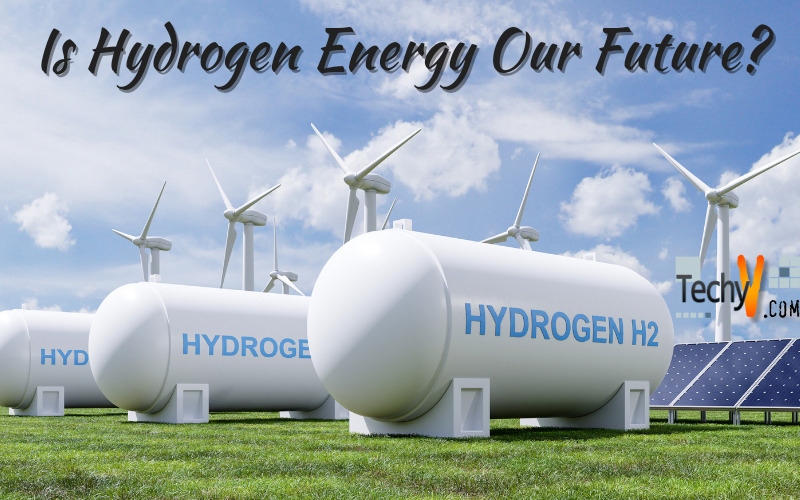Hydrogen is one of the elements which is present in abundance on earth. The critical feature of hydrogen is that it provides an emissions-free transportation fuel. In addition to that, it is feasible, economically viable, easily converted to another energy form when combusted and safe, and harmless to the environment and living things. This key feature makes us think about hydrogen as the earth’s future.
Benefits Of Hydrogen Energy
As we have abundant resources, hydrogen can produced from diverse resources. Its advantages also add to its value. It has several benefits such as:
1. Renewable Energy
The first and foremost benefit of hydrogen is that it is a renewable energy source. A Renewable source is a source that is replenished naturally and generates energy that produces no greenhouse effects. At this present time, it is imperative that the source we are using can be replenished within the human timescale.

2. Nontoxic Energy
Hydrogen is one of the specific energy content of all conventional fuels. It is a colorless, odorless, tasteless, and non-toxic form of energy. The properties of hydrogen make it safer and nontoxic. It does not cause pollution on a large scale or greenhouse gas emission, thereby, supporting human life.

3. Energy Security
Hydrogen fuel can be extracted from domestic resources easily. It can be extracted from natural gas, coal, and biomass. When we use it as a power, it can strengthen national energy security also, conserve fuel and diversify our transportation energy. It also diversifies energy and reduces our reliance on other countries for fuel.

4. Public Health And Environment
Today as we are observing, air pollution is at its peak. The pollution from factories, mines, vehicles, etc. is increasing day by day. In such a scenario we need pollution-free energy. Hydrogen is extracted from low or zero-emission sources. Not only this, it can control emission and carbon sequestration also.
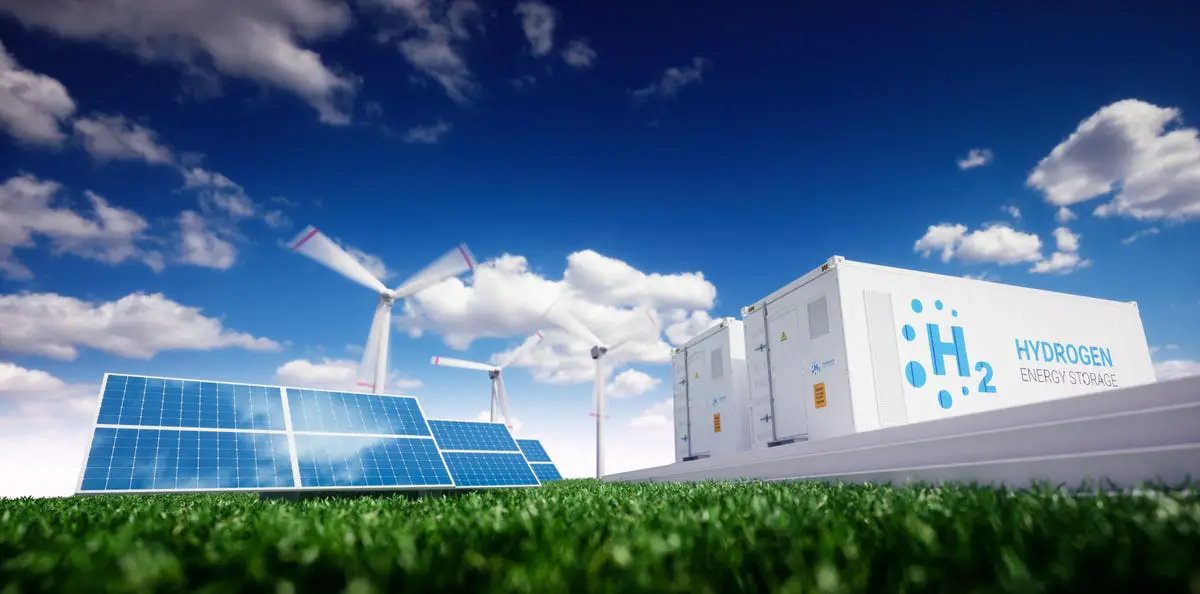
5. Clean And Flexible Source
Hydrogen provides a totally clean and safe source of energy with no harmful effect on the environment. Unlike other sources such as biofuel or hydropower, it doesn’t require a lot of space to be occupied for production. Due to its flexibility and accessibility, it is superior to coal, natural gas, and other sources which are dangerous and hard to obtain.
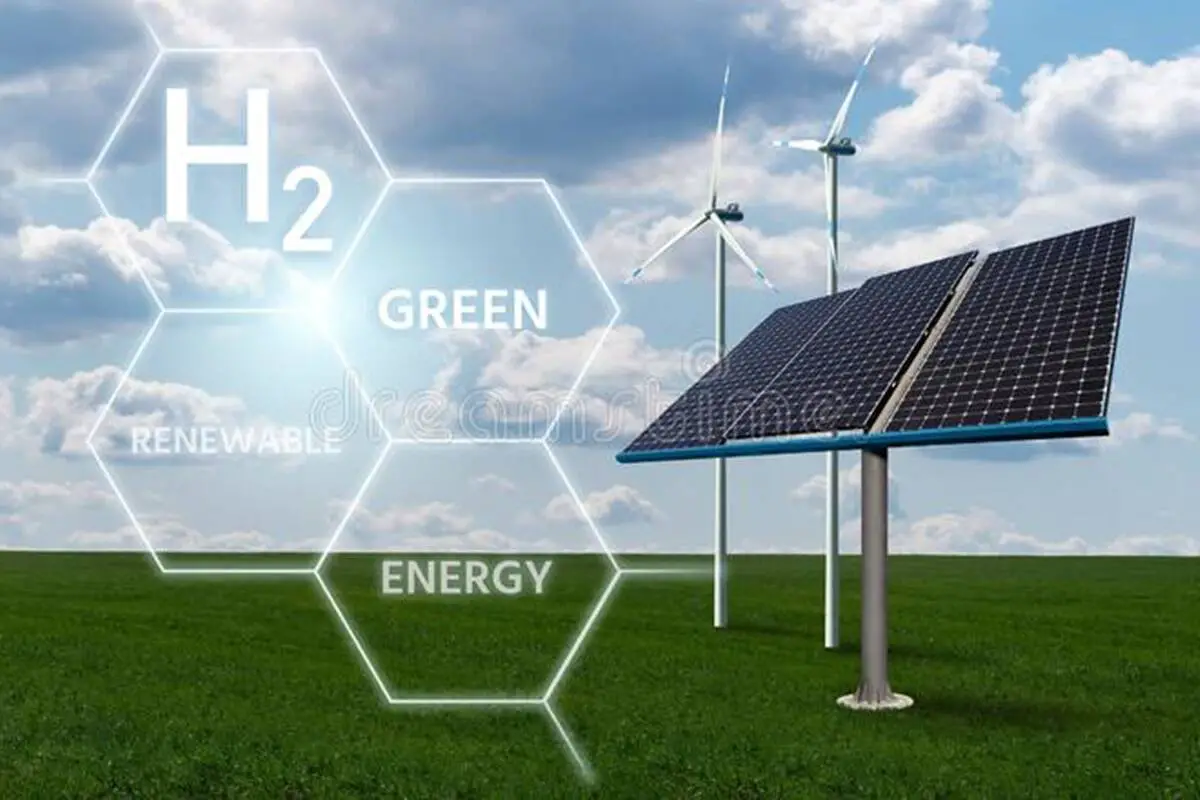
Uses Of Hydrogen Energy
- It is uses in various industries for oil refining, ammonia production, steel production, etc.
- It is uses in transport as an efficient and pollution-free fuel.
- It is uses in multi-farming and commercial buildings specifically as hydrogen boilers or fuel cells.
- It is uses for generating electrical power as well.
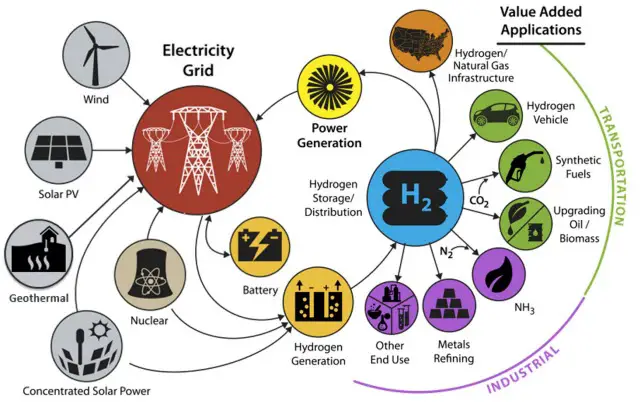
Potential Application Of Hydrogen
- Heat, water, and electricity production.
- Residential and Industrial application.
- Transportation and commercial application
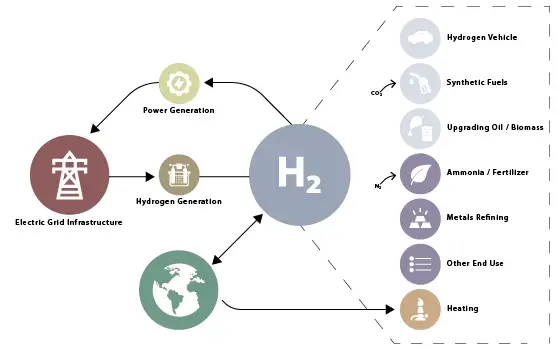
Hydrogen As An Alternative Transportation Fuel
Being the most reliable, feasible, and harmless fuel, hydrogen is also a clean alternative fuel with a very insignificant amount of greenhouse gas emissions. An additional benefit is that it does not create pollution when burnt. It can be an alternative fuel for power vehicles or electric motors as when hydrogen adds to oxygen, it produces electricity and heat. Also, hydrogen energy is used in spaceships as an ideal fuel.
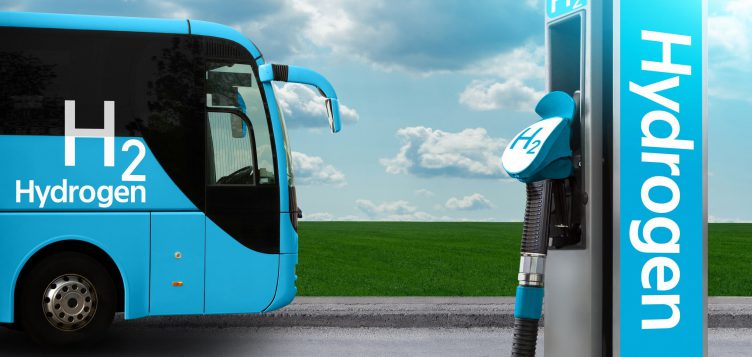
Hydrogen For Internal Combustion Engines
Hydrogen has other properties also such as a wide range of flammability, low ignition, high auto-ignition temperature, high diffusivity, and very low density which makes it an efficient fuel for internal combustion. As an engine, it also can sustain itself for the long term.

Conclusion
The properties of hydrogen separate it from another source of energy. Its extremely relevant and useful properties make it a topic of discussion. We have already started using it in various vehicles and scientific research. It has proven extremely useful and emission-free. Maybe by 2050, it will become the most useful fuel and probably the future of the upcoming world.



